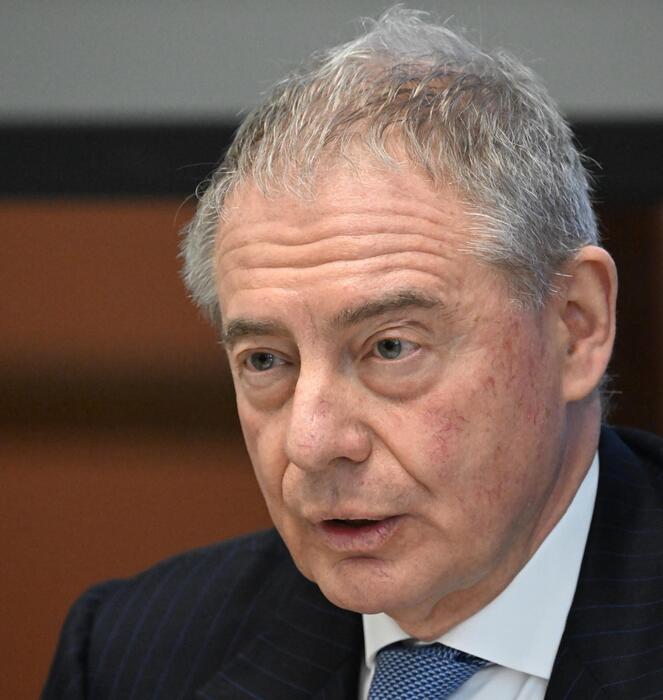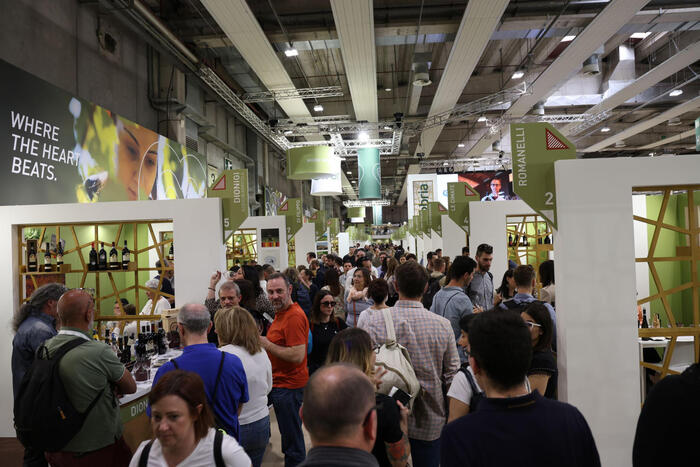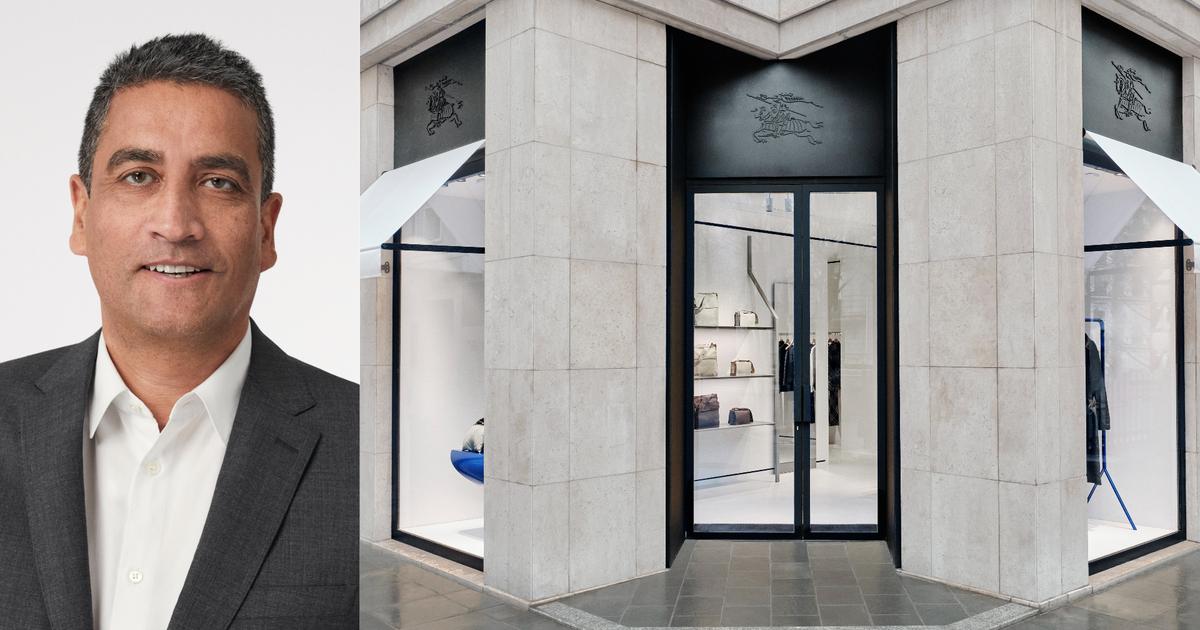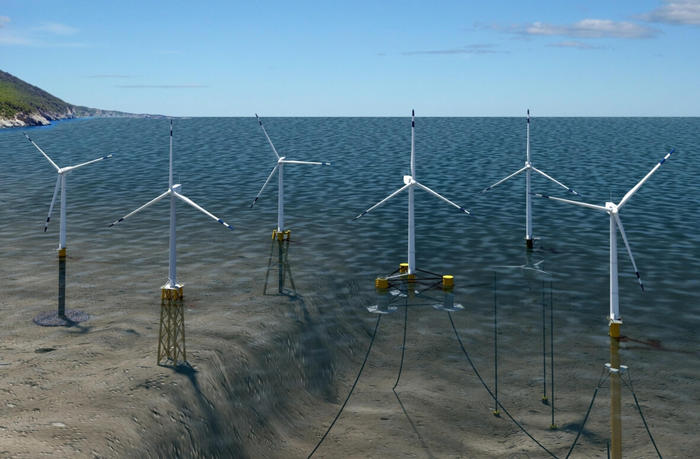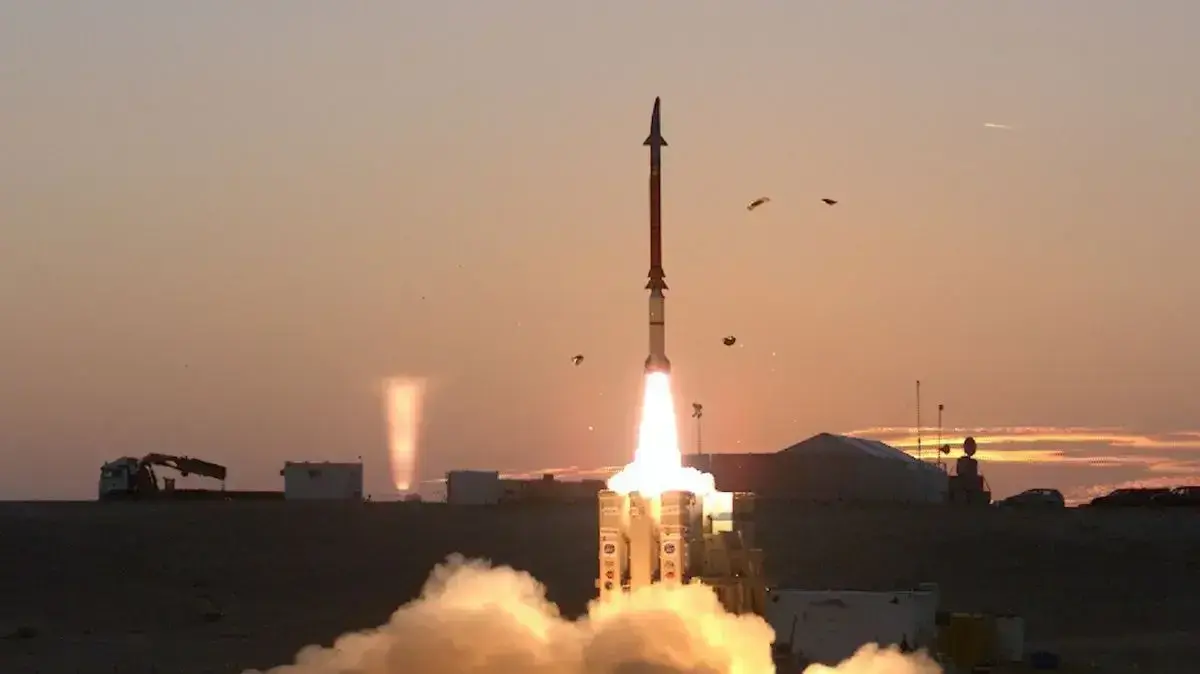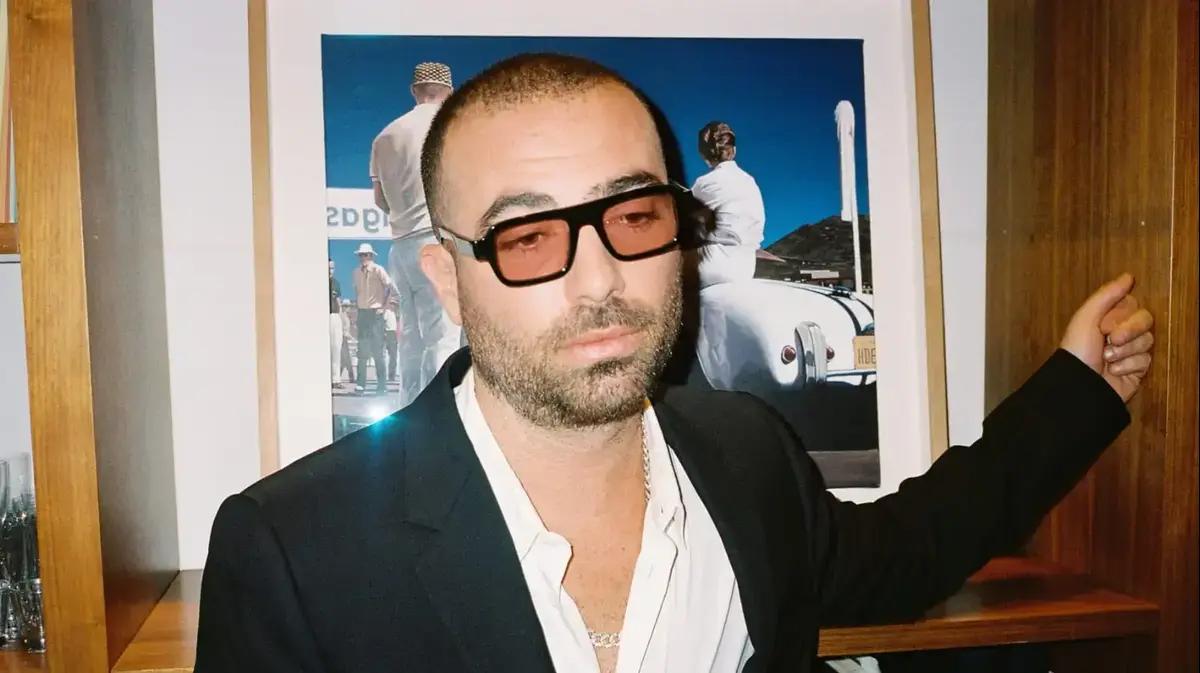Closed Prada boutique at Russian department store TSUM in Moscow on March 7. Oleg Nikishin (Getty Images)
The Russian elites' taste for ostentation is an incentive in the luxury industry.
The emblems are easy to recognize: opulent yachts or jewelry, five-figure bags and fur coats, high-end cuisine and five-star hotels.
Russia's super-rich make up a sizeable part of Europe's luxury market, steadily rising in recent years, particularly in Italy.
This is attested to, among other things, by the world's largest sailing yacht, 140 meters long, owned by the Russian oligarch Andrey Melnichenko and valued at around 530 million euros, seized in the port of Trieste.
Or the villa in Sardinia of 105 million euros of the tycoon Alexey Alexandrovits Mordaschov, considered in 2021 by Forbes magazine the richest oligarch in Russia and the 50 million euro yacht of Gennady Timchenko,
These measures are part of the first retaliation approved by the European Union after the invasion of Ukraine against a list of Russian oligarchs close to the Kremlin.
European authorities did not impose restrictions on luxury until March 15, when they approved a new package of sanctions to corner Russia economically and suffocate the country's oligarchs, with a symbolic blow aimed at business elites, by prohibiting exports to Russia. from an extensive list of luxury goods from the Union.
"Those who support Putin's war machine should no longer be able to enjoy their lavish lifestyle while bombs are falling on innocent people in Ukraine," European Commission President Ursula von der Leyen said.
Among other countries, Italy, a benchmark in the luxury sector, had shown reluctance to date, due to the limited real effect that this measure, more of a symbolic scope, could have on the Russian economy and the damage it could cause to the Italian economy.
Although Prime Minister Mario Draghi was quick to clarify that Italy is "perfectly aligned" with the rest of the European partners on the issue of sanctions.
On the ground, in Russia, Europe's luxury giants have been closing their stores, such as Chanel, Hermès, the Kering group, which manages brands such as Gucci, Saint Laurent and Bottega Veneta;
Armani, the sector brand with the most stores in the country;
or the LVMH conglomerate, a world leader in luxury that brings together numerous fashion, wine and spirits, and jewelry or perfume brands.
Ferrari has also suspended production of cars for the Russian market.
The company has also decided to donate one million euros to international humanitarian projects in support of Ukraine and the reception of refugees.
"Ferrari is close to the Ukrainian population at this terrible moment in history," said Benedetto Vigna, CEO of the carmaker.
A week before his statement, he had pointed out that "Russia is a very small market for the company" and that he currently does not foresee any consequences for his supply chain.
Also the historic Lamborghini luxury car house has suspended its activities in Russia and has announced a donation to the United Nations Agency for Refugees.
“The weight of the Russian market in Italian luxury is important, but relatively small, the problem is that, unlike other sectors, fashion and luxury are very image-based.
For these brands to continue operating in the Russian market, even if they could, would be very burdensome from a reputational point of view.
The impact could be stronger than in other sectors where the image has less weight”, says Marco Gambaro, professor of Communication Economics at the State University of Milan.
A view of the yacht "Lady M", owned by Russian oligarch Alexei Mordashov, docked in the port of Imperia, Italy, on Saturday, March 5, 2022. Antonio Calanni (AP)
Beyond the image, the numbers also weigh.
Although it is a segment in which glamor and the ephemeral seem to reign, from the economic point of view robustness dominates and the truth is that luxury is one of the few industries in which Europe has no rival.
The man with the largest fortune in Europe - and the third richest in the world after Elon Musk and Jeff Bezos, according to the Bloomberg Billionaires Index - is Bernard Arnault, owner of the LVMH group, which is itself one of the largest continental employers.
Italy and France make most of the world's high-end leather goods and clothing.
They are also prime global destinations for high-spending tourists, in luxury hotels, restaurants, spas, as well as boutique shopping, like the Russian elites.
Italy sells luxury products to Russian customers every year, with the participation of more than 11,000 companies, worth approximately 1.2 billion euros.
It represents around 20% of the 7,700 million euros of annual turnover in total in this segment, according to the National Fashion Chamber.
A value now at risk.
Sanctions and the blockade of the SWIFT circuit limit the purchasing power of the Russian oligarchs, while the devaluation of the ruble and the suspension of flights may shake the market.
Overall though, executives believe the impact of sanctions on Russia could be limited.
High-end customers in that country represent only around 5% of the segment of personal luxury goods, that is, clothing, accessories, jewelry and cosmetics and a somewhat lower percentage in the so-called 'total luxury' of high-end cars, large buildings and mega-vessels.
The Russian oligarchs have a passion for acquiring six-zero superyachts with which to sail the coast of Sardinia, but this type of purchase has a life cycle of 40 or 50 years, experts estimate.
Although aesthetically and monetarily attractive, these boats cannot rival the spending that millions of consumers make each year on fashion from firms such as Valentino, Prada, Gucci or Dior in the United States, the world's largest luxury market, with 89,000 million euros , according to data from the American consulting firm Bain & Company, present in 38 countries, and the Altagamma Foundation, which brings together Italian luxury companies.
The fashion market, specifically, one of the most globalized, is very sensitive to geopolitical tensions and humanitarian crises.
The war in Ukraine has drastically disrupted forecasts that the Russian market would grow at an annual rate of around 8-10% between 2020 and 2025.
Claudia D'Arpizio, main partner and director of Fashion and Luxury at Bain & Company, explains in a statement sent to this newspaper that with the evidence available to date and considering that events evolve rapidly, it is estimated in the first place "an impact most likely, immediate and significant in Russian personal luxury spending at the local level, driven by the devaluation of the local currency and the restrictions in place.”
On the other hand, it adds that "Russian spending abroad, directed mainly to Western Europe, will also be drastically reduced as long as European airspace is closed to Russian civil airlines."
And he points to more serious economic and financial consequences if the current crisis intensifies and/or persists over time: “Global financial stability could also be affected, with increased volatility in stock markets.
The confidence of US consumers, closely linked to stock market fluctuations, could contract, which would affect their spending on luxury goods.
Michele Costabile, professor of Marketing at the Luiss University in Rome and director of the research center of the same athenaeum, believes that “where European countries lose, China wins”.
And he points out: “Russians who buy luxury often live stable or for long periods in other parts of the world, so they can easily get around sanctions, using cryptocurrencies or with non-Western credit cards, such as those of the Chinese giant UnionPay. , which are not and will not be blocked in localities frequented by well-to-do Russians.
The effect of the sanctions will be less negative for the market of Russians who buy luxury, who will be able to spend elsewhere, than for the Russian luxury market."
Davide Tentori, an analyst at the Institute for International Policy Studies, specializing in geoeconomics, believes that the impact of the war and sanctions on the Italian luxury market is relatively manageable.
He recalls that exports to Russia are worth only 1.6% of all Italian exports and considers that the damage is easily recoverable and could be resolved without difficulty "through state compensatory aid and by seeking new markets".
And he points to the blow to tourism, hard hit by the pandemic.
"Russian tourists are mostly wealthy customers who can usually spend more than the rest," he says.
In 2019, 1.8 million Russians visited the transalpine country and booked 5.8 million nights in their accommodation in total.
This corresponds to 3% of arrivals and overnight stays by foreigners, who spend on average more than local tourists.
That same year, spending by Russian tourists amounted to about 1.5 billion euros, that is, 2% of the total value of the tourism market.
This figure includes transportation in the country, accommodation, food and drink, shopping, entertainment, culture, among others.
Around two thirds of the total outlay of Russian tourists in Italy corresponds to Russians with high purchasing power, who left in the country about 1,000 million euros.
This value represents 4% of the total expenditure of high-spending tourists.
Exclusive content for subscribers
read without limits
subscribe
I'm already a subscriber

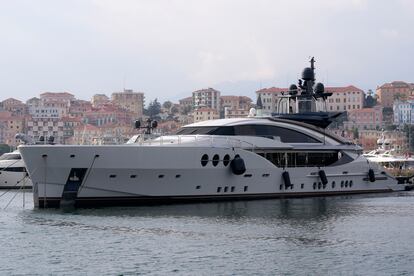

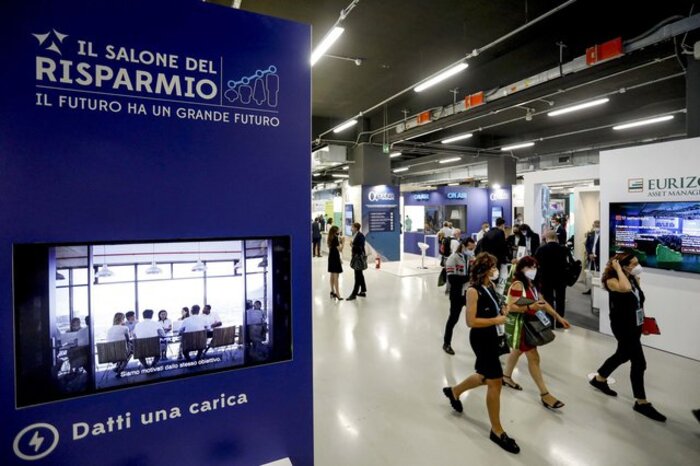
/cloudfront-eu-central-1.images.arcpublishing.com/prisa/IDVWFR54WFCFBCVWGJ7WRYK5XU.jpg)
